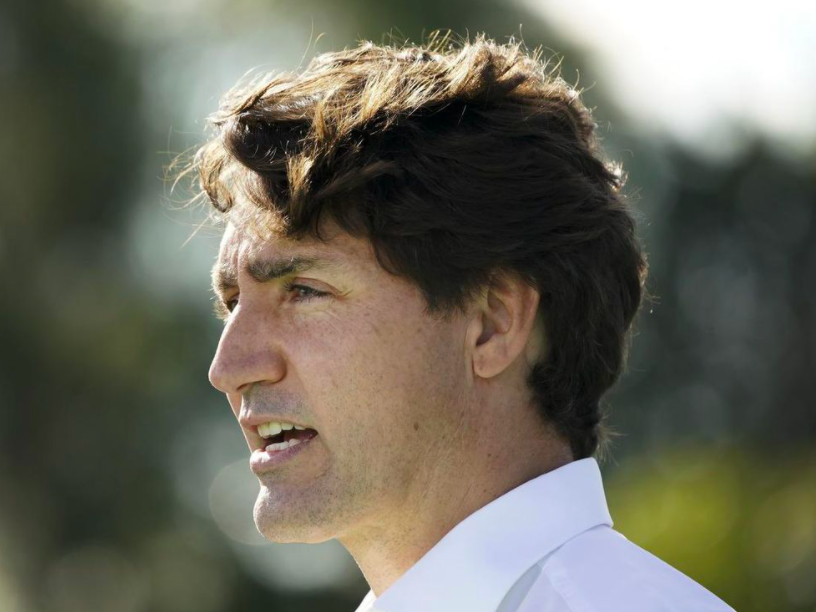
We will look back on COVID as a time when we had to pick sides. Do you support vaccine mandates? Or do you oppose them? You must choose your position on principle, for or against.
This confuses policy with morality. It makes any change immoral, by definition.
There is a better way.
A Prudent Approach To Vaccine Mandates
Here’s a short piece I wrote for The Hub, which suggests prudence instead of principle. You can read the first part below, or click on the link to take you to the full article right away.
Enjoy!
Shawn Whatley: Why we need a flexible, prudent approach to vaccine mandates
Pandemics create fear, and fear extinguishes appetite for balanced discussion. Instead, governments take bold, expansive action. Prime Minister Justin Trudeau’s “sweeping federal vaccine mandate” to “target last holdouts” offers a case in point. The public supports vaccine travel passports, but broad mandates fuelled by emotional rhetoric create affective polarization: partisan groups with anger and frustration on each side.
To date, most discussion on vaccine mandates reflects a principled approach. People must choose a side, for or against. Some argue mandates are a necessarily good thing; mandates will get us back to normal; and they serve the greater good. Others argue mandates are intrinsically bad. They insult individual autonomy—the greatest good any country can ever get.
But a principled approach turns policy positions into moral absolutes. If mandates are good on principle, there should be no limit to their scope. We should pursue them with vigour for all the various diseases for which we have vaccines. Restrictions to freedom of movement “should be tailored to verifiable risk,” according to one opinion in the New England Journal of Medicine.
Prudence offers a better way to craft policy. It avoids turning policy into morality. Prudence uses current circumstance to create policy, in the same way we might choose to carry an umbrella if the sky looks grey. Prudence applies general principles, with nuance, based on the particular need at hand. It makes policy flexible and responsive—something pandemic policy too often lacks.
Michelle Mello, Ross Silverman, and Saad Omer tackled this concept in an article that appeared in the New England Journal of Medicine. They suggested guidelines for mandates based on experience in other infections and pandemics: the 1976 Swine Flu, H1N1, and others. Using past experience, they suggested a five-level rubric to help policy-makers decide whether or not we need vaccine mandates at this time. … (Continues here)
Photo credit CBC article: Trudeau says post-election priority is vaccine mandate for public servants, travellers

